
Health Tips
- Home
- Health Tips
-
MARCH 16, 2019
- 0 COMMENTS

-
-
MARCH 9, 2019
- 0 COMMENTS
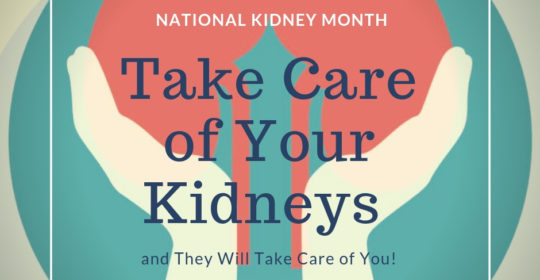
Take Care of Your Kidneys and They Will Take Care of You
Your kidneys, each just the size of a computer mouse, filter all the blood in your body every 30 minutes. They work hard to remove wastes, toxins, and excess fluid. They also help control blood pressure, stimulate production of red blood cells, keep your bones healthy, and regulate blood chemicals that are essential to life. KidneysRead more- swifdev
- Diabetes,
- Health Alert,
- Health Tips,
- High Cholesterol,
- Hypertension,
- Kidney Health
-
-
FEBRUARY 2, 2019
- 0 COMMENTS

6 Reasons to Get HPV Vaccine for Your Child
CDC recommends two doses of HPV vaccination at ages 11-12 to protect against cancers caused by HPV infections. See six important reasons to get HPV vaccine for your child, and talk to your child’s doctor or nurse about HPV cancer prevention at ages 11-12. 1 HPV is common. Almost every person who is sexually activeRead more- swifdev
- Health Tips,
- HPV
-
-
NOVEMBER 12, 2018
- 0 COMMENTS
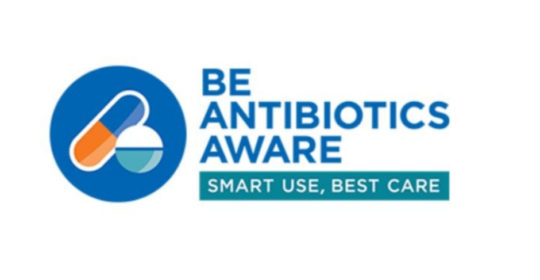
U.S. Antibiotic Awareness Week
U.S. Antibiotic Awareness Week is an annual observance that raises awareness of the threat of antibiotic resistance and the importance of appropriate antibiotic use. Antibiotic resistance is one of the most urgent threats to the public’s health. Each year in the United States, at least 2 million people get infected with antibiotic-resistant bacteria. At leastRead more- swifdev
- Health Alert,
- Health Tips,
- Uncategorized
-
-
NOVEMBER 1, 2018
- 0 COMMENTS
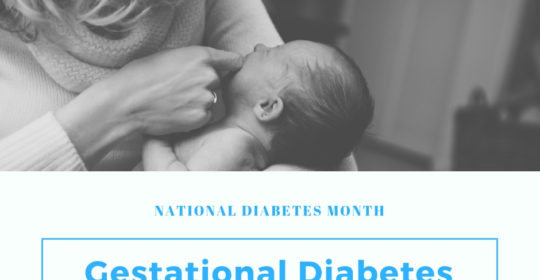
National Diabetes Month: Gestational Diabetes
November is National Diabetes Month, a time when communities across the country team up to bring attention to diabetes and its impact on millions of Americans. The National Institute of Diabetes and Digestive and Kidney Diseases (NIDDK) has focused this year's campaign into promoting health after gestational diabetes. What is gestational diabetes? Gestational diabetes is GestationalRead more- swifdev
- Diabetes,
- Health Tips,
- Hypertension
-
-
OCTOBER 14, 2018
- 0 COMMENTS

Food Safety After a Hurricane and/or Flooding
In the aftermath of a hurricane and/or flooding, it is important for us to assess all food, food preparation areas, and equipment to decide what to keep or throw away. Hurricanes, especially if accompanied by a tidal surge or flooding, can contaminate the public water supply. Water in the hurricane-affected area may not be safeRead more- swifdev
- Health Alert,
- Health Tips,
- Uncategorized
-
-
SEPTEMBER 29, 2018
- 0 COMMENTS
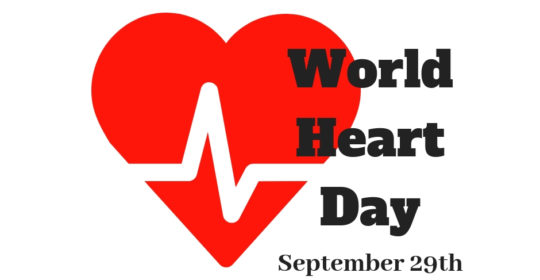
World Heart Day
September 29th is the World Heart Day. The World Heart Day was created by the World Heart Federation with the purpose of raising public awareness regarding cardiovascular disease (CVD) as the world’s leading cause of death, claiming 17.5 million lives each year. The day is also meant to highlight the actions that individuals can takeRead more- swifdev
- Health Tips,
- High Cholesterol,
- Uncategorized
-
-
JULY 21, 2018
- 1 COMMENT
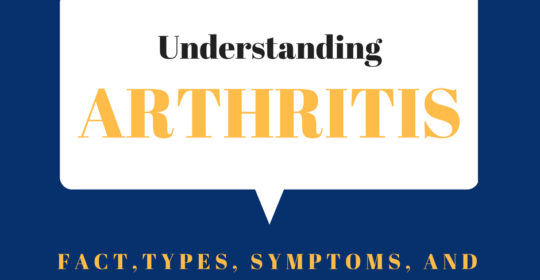
Understanding Arthritis: Fact,Types, Symptoms, and Prevention
According to the Centers for Disease Control and Prevention (CDC), Arthritis affects 54.4 million US adults, more than 1 of 4. It is a major cause of work disability in the United States and one of the most common chronic conditions in the nation. Arthritis is also a common cause of chronic pain. What
Read more- swifdev
- Arthritis,
- Health Tips
-
-
JUNE 11, 2018
- 0 COMMENTS

Get Ready To Grill Safely
Food poisoning peaks in the summer months when warmer temperatures cause foodborne germs to flourish. Foodborne bacteria growth rates peak at temperatures between 90 to 110°F (32 to 43°C). Often during the summer months when the warmer temperatures and higher humidity are ideal for bacterial growth. You can play a role in protecting your family,Read more- swifdev
- Health Tips,
- Uncategorized
-
-
MAY 25, 2018
- 0 COMMENTS

4 Steps for Healthier Swimming This Summer
Understanding Recreational Water Illness (RWIs) Summer is coming. Swimming and other water-related activities are some of the most popular activities during summer. However, they are not risk-free. One of the risks is known as recreational water illnesses (RWIs). Recreational water illnesses (RWIs) are caused by germs spread by swallowing, breathing in mists or aerosols of,Read more- swifdev
- Diarrhea,
- Health Alert,
- Health Tips
-
Categories
- AIDS
- Alcohol Abuse
- Arthritis
- Asthma
- Breast Cancer
- Chest Pain
- Conditions
- Cough
- COVID-19
- Diabetes
- Diarrhea
- Drug Abuse
- Eating Disorder
- Fatigue
- Fever
- Flu
- General
- Headache
- Health
- Health Alert
- Health Tips
- High Cholesterol
- HPV
- Hypertension
- Injury
- Irritable Bowel Syndrome
- Kidney Health
- News
- News & Events
- Pediatric Clinic
- Skin rash
- STD
- Uncategorized
- Zika
- STD Risk and Oral Sex 4419 September 8, 2019
- What You Need to Know About Chest Pain 3822 March 6, 2016
- COVID-19 in Children and Teens 3128 September 24, 2020
- Sexual Transmitted Diseases (STDs) 2903 February 2, 2018
- Shop Smart— Get the Facts on the New Food Labels 2806 March 20, 2020
Photostream
Archives
- February 2022
- December 2021
- October 2021
- November 2020
- October 2020
- September 2020
- August 2020
- July 2020
- May 2020
- April 2020
- March 2020
- February 2020
- January 2020
- December 2019
- November 2019
- October 2019
- September 2019
- August 2019
- July 2019
- June 2019
- May 2019
- April 2019
- March 2019
- February 2019
- January 2019
- December 2018
- November 2018
- October 2018
- September 2018
- August 2018
- July 2018
- June 2018
- May 2018
- April 2018
- March 2018
- February 2018
- January 2018
- December 2017
- May 2017
- July 2016
- June 2016
- May 2016
- April 2016
- March 2016
- February 2016
- January 2016
- December 2015
- November 2015
- October 2015
- September 2015
- July 2015
- October 2014
Tags
Make An Appointment
- 2702 Memory Lane
Chicago, IL 60605 - Online Booking:
[email protected] - Facebook:
facebook.com/medicenter - Twitter:
twitter.com/medicenter
Being in control of your life and having realistic expectations about your day-to-day challenges are the keys to stress management.
— Josh Billings
© 2022 Swift Health Urgent Care Atlanta | Privacy Policy | Sitemap


Most Commented